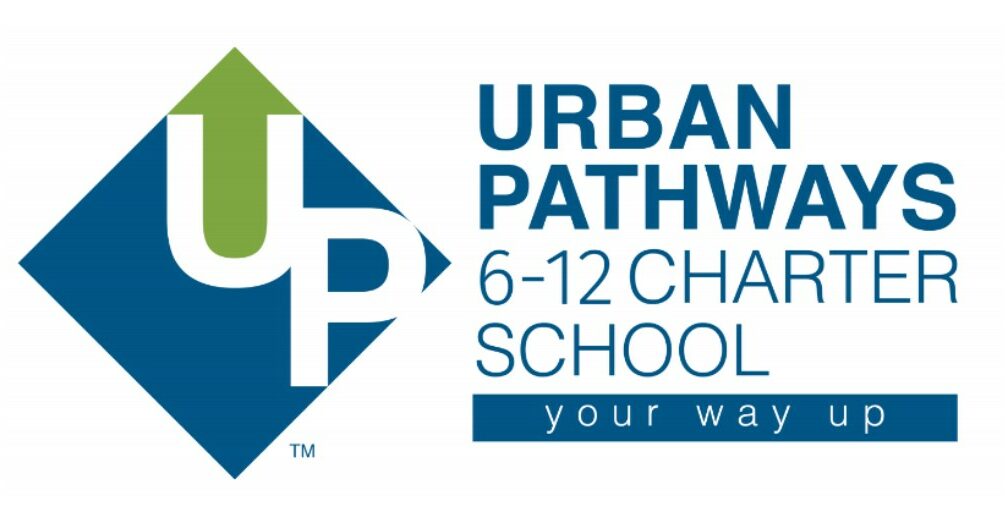Purpose
This document will provide guidelines for the training, management, and coordination of care for students with diabetes attending Urban Pathways 6-12 Charter School.
Non-Discrimination
Consistent with – Section 504/ADA Prohibition against Discrimination Based on Disability, UPCS 6-12 will not discriminate against any individual on the basis of disability, including diabetes, and will provide an equal opportunity to attend his or her locally zoned public school and participate in all programs, services, or activities. Students with diabetes shall be permitted to participate in curricular and extracurricular school activities to the same extent as all other students, including special events, after school activities, school-sponsored events, and field trips, without additional surcharges or other requirements.
Managing Diabetes in the School Setting
UPCS 6-12 understands that as part of a student’s diabetes treatment plan, the student may routinely require a reasonable modification(s) and/or accommodation(s) and assistance from UPCS 6-12 staff during the school hours, as well as on the bus, at special events, during extracurricular and after school activities, at school sponsored events, and on field trips.
Requesting a Reasonable Modification(s) and/or Accommodation(s)
All requests for reasonable modification(s) and/or accommodation(s) should be made in writing to Edward Mandell, Ed.D. (412) 392-4601 ext.202 emandell@upcs.net
If the request includes administering medication, the parent or student must include a written prescription from the child’s physician and a written authorization to administer medication from the parent. If UPCS 6-12 determines, based on its reasonable discretion, that additional medical information is needed to properly and safely accommodate the student and/or administer the student’s medication in the school setting, UPCS 6-12 shall request, and the parent(s) and/or student shall sign, an authorization to obtain relevant records from the student’s physician/health care provider or speak directly with the physician/ health care provider. UPCS 6-12 may only request records under these guidelines pertaining to the student’s diabetes care plan.
Reasonable Modification(s) and/or Accommodation(s)
The UPCS 6-12 agrees to implement reasonable modification(s) and/or accommodation(s) for children with diabetes so they may attend their locally zoned school and participate in all of the programs, services, or activities provided by UPCS 6-12. Modification(s) and/or accommodation(s) may include, but are not limited to, the following:
- Supervising or monitoring the consumption of food and/or beverages or with other diabetes care;
- Assisting students with the administration of diabetes medication during the school day and during all school-sponsored trips and after school activities, where sanctioned by their physician or other qualified healthcare professional;
- Permitting students with diabetes to independently carry and use diabetes supplies and medications during the school day and during all school-sponsored trips and after school activities, where sanctioned by their physician or other qualified healthcare professional;
- Permitting students with diabetes to carry and consume food and water throughout the school day and during all school-sponsored trips and activities;
- Permitting students with diabetes to use the restroom as needed; and
- Assisting students with diabetes with counting and tracking carbohydrates.
- If necessary, these reasonable modification(s) and/or accommodation(s) will apply while students with diabetes are participating in any program, service, or activity offered by the UPCS 6-12, whether on UPCS 6-12’s property or elsewhere.UPCS 6-12 will give preference to modification(s) and/or accommodation(s) requested by the student with diabetes and his or her parent(s)/guardian(s) when determining what reasonable modification(s) and/or accommodation(s) UPCS 6-12 will make.
Assistance with Medication
Reasonable modification(s) and/or accommodation(s) for students with diabetes may include, but are not limited to, the following:
- Conducting blood glucose monitoring tests;
- Administering insulin via insulin pumps, syringes, or insulin pens; and
- Administering Glucagon, if needed.
- The administration of medication must be done in compliance with UPCS 6-12 Board Policy
Steps UPCS 6-12 Will Take to Ensure Appropriate Care
UPCS 6-12 will obtain a diabetes medical management plan (“DMMP”) from the student’s physician or other qualified healthcare professional. The plan should include, but is not limited to:
- Administration of medication in schools;
- Food restrictions, if any;
- Actions taken in the event of an emergency; and
- Routine diabetes care.
UPCS 6-12 officials (which may include teachers, administrators, and support staff) will meet with the student and parent to review the DMMP and discuss appropriate and reasonable accommodations for the school environment. UPCS 6-12 and the parents/students should address the following school related activities:
- Field trips and other special events
- Bus transportation
- Maintaining appropriate snacks in the school environment
- Food restrictions or monitoring
- School sponsored events
- Use of food in the curriculum
- Routine diabetic care at school
- Procedures for administering medication under these guidelines
- Emergency considerations; and
- Other school related issues as necessary.
UPCS 6-12, student, and parent(s) will develop a written Section 504 plan (if needed) for implementing the DMMP in the school setting, at school sponsored events, and extracurricular activities. The 504 plan must include any documentation requirements associated with implementing the DMMP, including what information must be documented and where the documentation is kept.
UPCS 6-12 personnel will be trained in diabetes care in a manner consistent with these guidelines.
School Health Services will work with UPCS 6-12 staff on an “as needed” basis to address questions, concerns, or issues that may arise regarding the implementation of the DMMP.
The parents will be notified as to the individuals in the respective school building that are responsible for implementing the DMMP and where to direct questions or concerns, including a phone number and email address.
